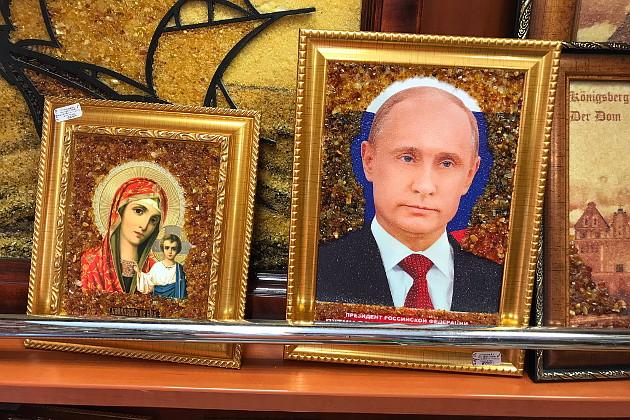“The chief paradox” of the upcoming presidential elections in Russia, Semyon Novoprudsky says, is that “everyone knows who the winner will be but no one knows what his policy will be – or even whether it will be completely ‘his’” given that he has ceased to be “an effective president” for the elite and can’t count on the population supporting him against it.
After establishing “a personalist dictatorship” at the time of the Crimean Anschluss, the Russian commentator says, Vladimir Putin has watched as his system has “drifted toward a fake dictatorship,” one in which he will remain president but “groups of siloviki” will fight over the spoils.
That trend will become ever more prominent after the March elections and will continue “until by one or another path there occurs a literal change of power.” Putin’s inability to protect members of the elite from the possibility that they will be charged or to protect them from the consequences of Western sanctions has given rise to this situation.
The Kremlin leader couldn’t block Igor Sechin in the case of Aleksey Ulyukayev and he couldn’t prevent the unwinding of the case against theater director Kirill Serebrennikov. But his biggest failure from the elite’s perspective is that he hasn’t been able to remove the threat of sanctions and their consequences for members of the elite.
Those sanctions have already led to the failure of three of the 15 largest banks in Russia and they have called into question Moscow’s ability to protect the members of the elite from losing their wealth or their chance to enjoy it in the West. That’s why they are taking citizenship in other countries or seeking permanent residence status there. Thus, Novoprudsky writes,
There is a third development which is also transforming Putin into “a fake president.” As a result of his policies, Putin has made Donald Trump his own “main domestic political competitor.” Trump plans to run again in 2020 and, to succeed, he must overcome the stigma of being “’an agent of the Kremlin.’”
That will push him in the direction of a very tough American policy toward Moscow because “for the first time since the collapse of the USSR, the Russian Federation has become part of the domestic politics of the US. And domestic policy for Americans is always more important than foreign affairs.”
As a result, Novoprudsky says, “Putin is set to become the gravedigger of the current variant of Putinism in his next term. Or others, including those who are part of his power elite will do so. That has happened in Russian history far more often than once.”
Unfortunately, he points out, “this doesn’t mean that Russia will become like a Western democracy. It may simply become like North Korea if it chooses the path of self-isolation and nuclear blackmail.”
Read More:
- Putin’s “hybrid peace” is a Kremlin trap for Ukraine
- Putin invaded Ukraine to prevent ‘Ukrainian’ ideas from spreading into Russia, Shmelyev says
- Soviet chekists weren’t the professionals Putin wants Russians to think they were, new book says
- How falling for Putin’s Crimea narrative will feed Russian expansionism
- Non-Russian nations of Russia to defend themselves from Putin because their elites won’t
- Putin’s export of corruption — a key part of his hybrid war against the West, Babchenko says




